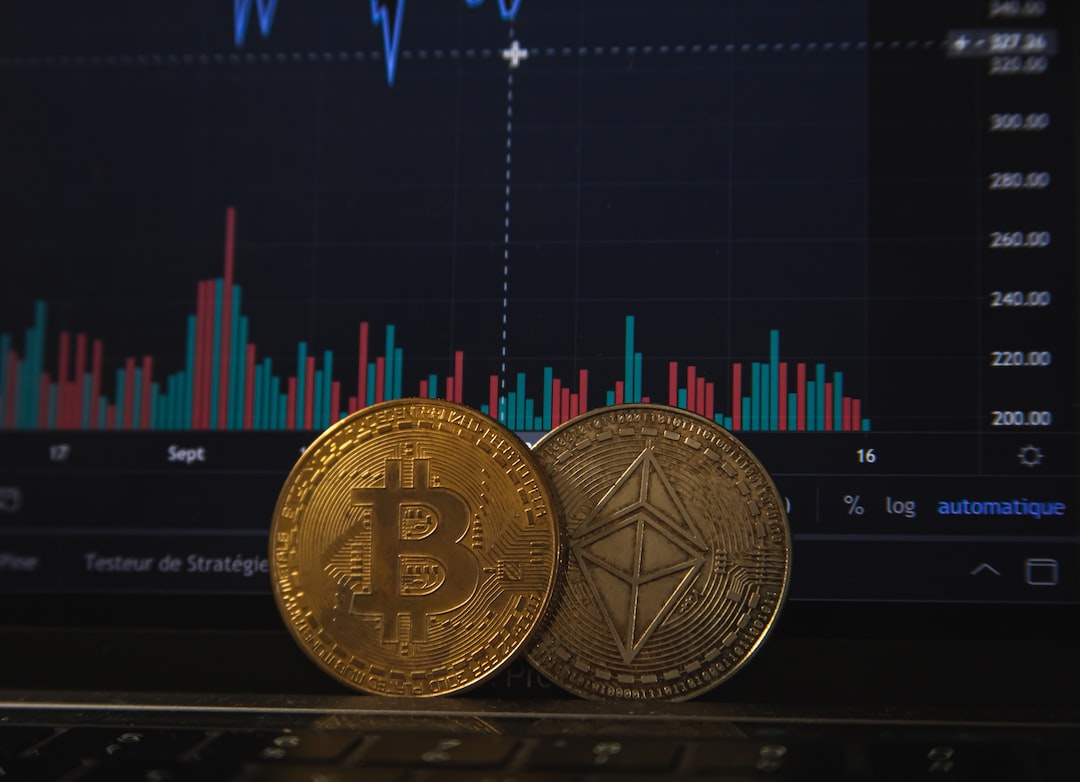The U.S. Treasury’s Approach to Sanctioning Decentralized Finance
The U.S. Treasury is expected to strengthen its efforts to sanction decentralized finance (DeFi) in 2024, according to TRM Labs. The Biden administration is urging Congress to update the Treasury’s sanctions authority, which will likely result in new regulations for the crypto market.
Treasury’s Expansion of Regulatory Power
In November 2023, it was reported that the Treasury plans to introduce a “secondary sanctions regime” to control companies or individuals within the U.S. financial system who engage with sanctioned targets. TRM Labs suggests that this move could set a precedent for the entire crypto industry, as the Treasury may target specific blockchain nodes or networks instead of designated persons or their property.
“This language builds on the defi [decentralized finance] risk assessment which suggests application of the BSA [Bank Secrecy Act] to defi.”
– TRM Labs
Treasury’s Focus on Anonymity-Enhancing Tools
TRM Labs predicts that the Treasury will continue targeting anonymity-enhancing tools used by cybercriminals in the crypto industry. They point to recent sanctions imposed on crypto mixers like Sinbad, Tornado Cash, ChipMixer, Helix, and Bitcoin Fog, which advertised their services on darknet markets.
Concerns about Cryptocurrency and Illicit Fundraising
U.S. senators, led by Elizabeth Warren, express concerns about cryptocurrency being used for illicit fundraising, including terrorism. However, Chainalysis has questioned the data used in some reports on crypto terrorism, suggesting that the reports may be exaggerated.
Chainalysis estimates that only $450,000 of the $82 million previously reported as funds for terrorist financing can be definitively linked to such activities.
Hot Take: The Future of DeFi Sanctions
The U.S. Treasury’s increased focus on sanctioning decentralized finance raises questions about the future of the DeFi industry. While it remains to be seen how these regulatory changes will impact the crypto market, it is likely that the Treasury will continue targeting anonymity-enhancing tools used by cybercriminals. However, there is ongoing debate regarding the extent of cryptocurrency’s involvement in illicit fundraising and terrorism. As the regulatory landscape evolves, it is crucial for industry participants to stay informed and adapt to the changing requirements.





 By
By
 By
By
 By
By
 By
By
 By
By
 By
By